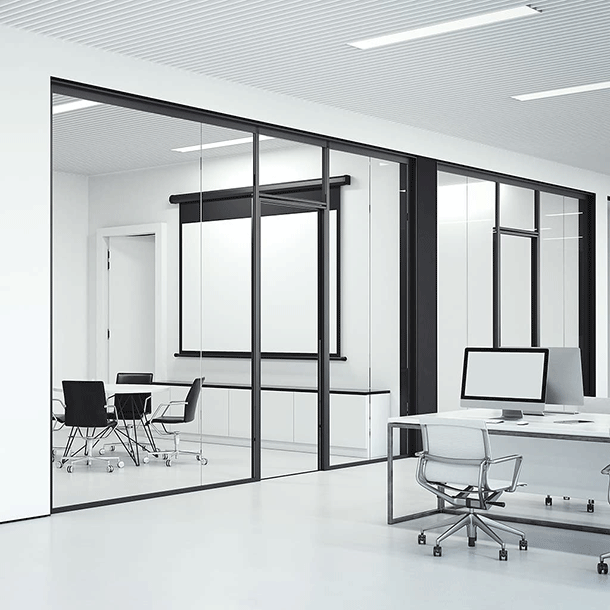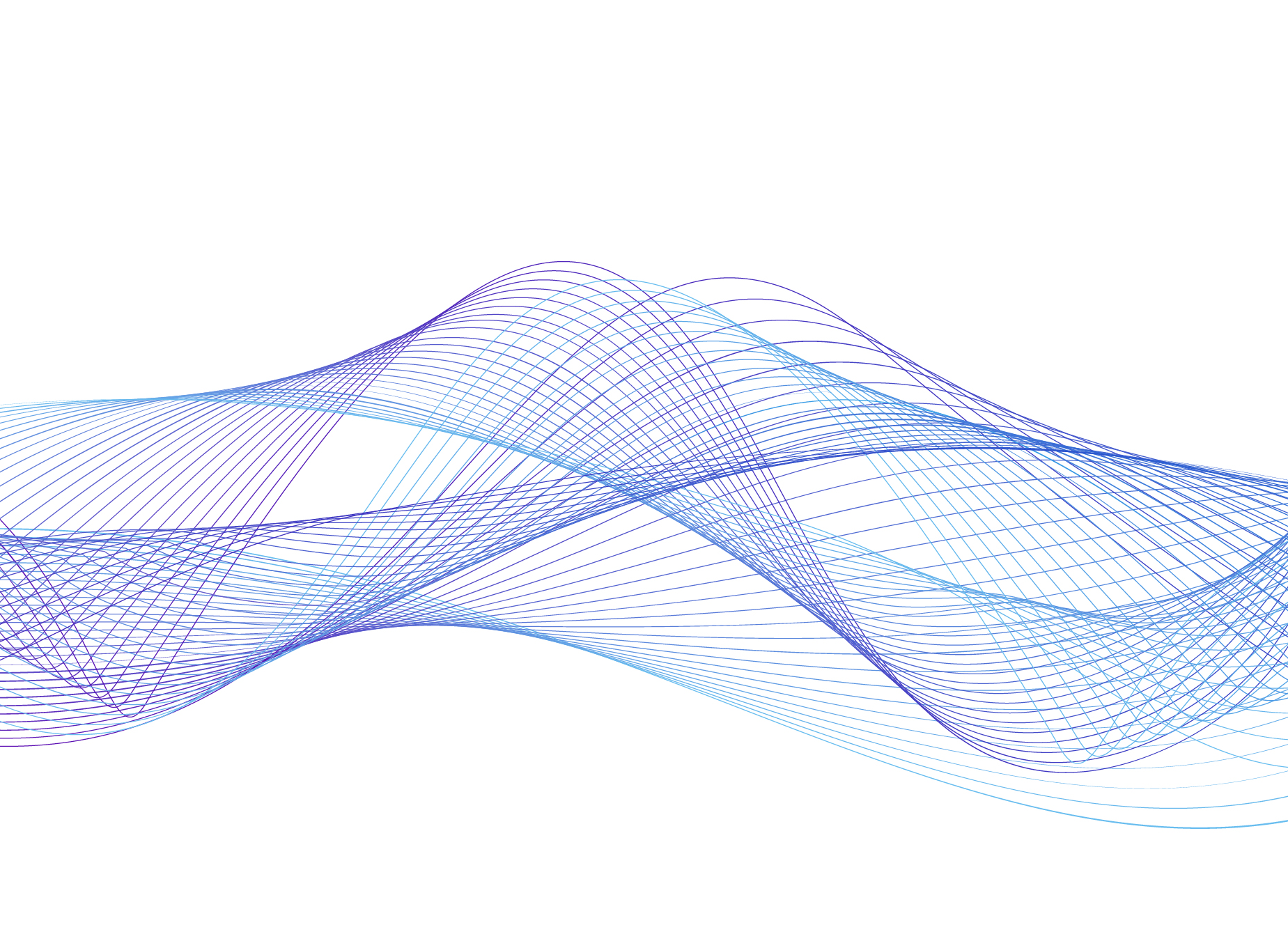In today’s fast-paced world, the importance of sustainability and employee wellness is at an all-time high. Companies are focusing on creating workspaces that not only look good but also function in a way that promotes environmental responsibility and employee well-being. This is where LEED and WELL certifications come in.
When it comes to modern workspaces such as open plan offices, flex offices, and activity-based stations, the implementation of LEED and WELL certifications can have a significant impact. These types of workspaces often involve high levels of interaction and collaboration, which can be both beneficial and challenging for employees. Incorporating LEED and WELL certifications can help to mitigate these challenges and create a more positive work environment.
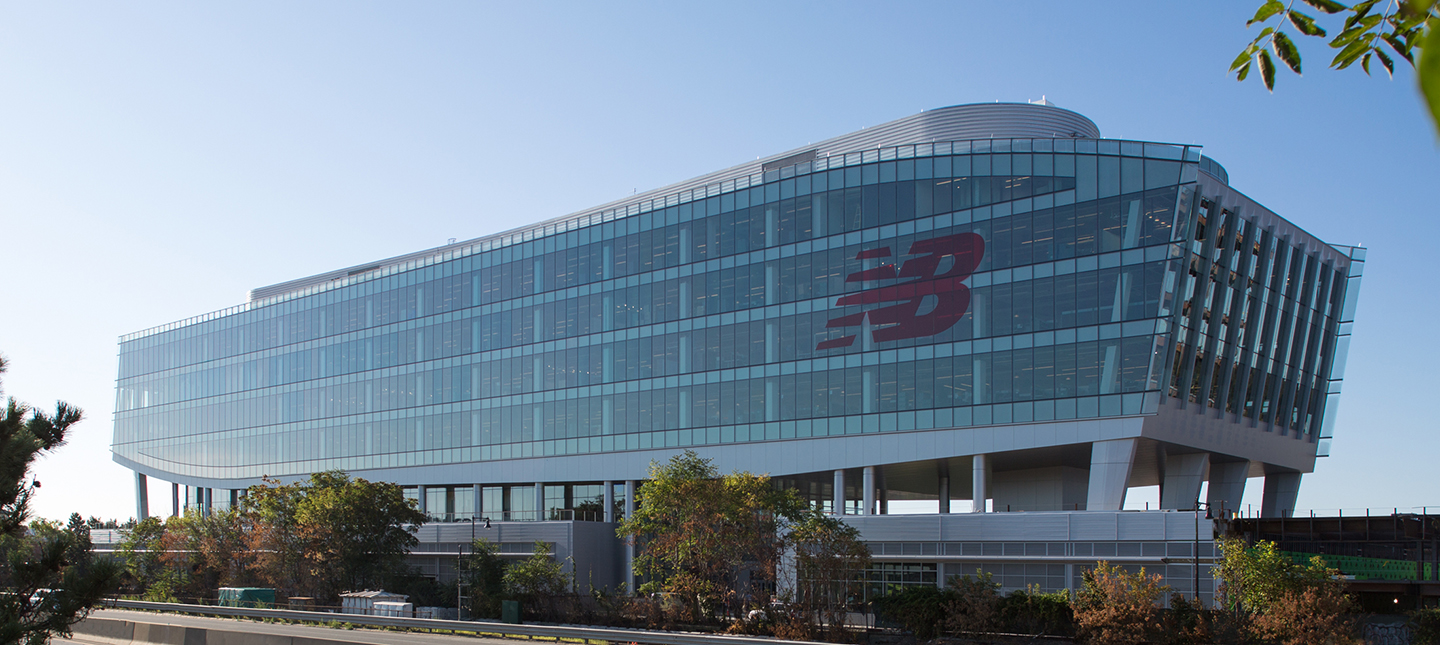
The New Balance global headquarters in Boston
For instance, LEED certification requires the use of sustainable materials and energy-efficient systems, such as efficient lighting, heating, and cooling systems. These measures can help to reduce energy consumption, minimize waste, and lower carbon emissions. In turn, this can improve the indoor air quality, reduce the risk of illness, and promote a healthier workplace.
WELL certification, on the other hand, focuses on the human aspects of a building’s design. This certification requires the use of materials and systems that promote health and wellness, such as natural lighting, ergonomic furniture, and air filtration systems. In modern workspaces, the use of WELL certification can help to promote employee productivity, reduce absenteeism, and enhance overall well-being.
An office plan featuring Soft dB sound masking.
LEED, WELL and Sound Masking
One area where LEED and WELL certifications can have a significant impact in modern workspaces is in the implementation of sound masking systems. Sound masking is the process of adding a low-level, unobtrusive background sound to a space to reduce the impact of noise distractions. It’s particularly useful in open plan offices, where noise distractions can be a significant problem.
Research has shown that noise distractions in the workplace can have a negative impact on employee productivity and well-being. In fact, according to a study by the University of California, Irvine, it can take up to 23 minutes for an employee to regain their focus after being interrupted by a noise distraction.
By incorporating sound masking systems into modern workspaces, architects and interior designers can create a more pleasant and productive work environment. These systems can help to reduce the impact of noise distractions, making it easier for employees to focus and concentrate on their work. They can also help to promote a sense of privacy and reduce the risk of overhearing sensitive or confidential information.

Acoustic Performance Credits
With a sound masking system installed, the minimum Composite Sound Transmission Class ratings or Noise Isolation Class values required for proper acoustic privacy between adjacent rooms can be lowered by 5 points. This means not only significant cost-savings in terms of soundproofing work but also a great opportunity to consider far more sustainable materials than drywall for your office partitions, like glass for instance.
In WELL v2 certification, the S06 optimization feature awards up to 2 points for leveraging consistent background sound levels, in conjunction with adequate sound isolation and use of acoustic materials, to improve acoustic privacy and reduce speech perception within and between occupied spaces. And how to ensure perfectly consistent, regulated background sound levels throughout entire office floors? A good sound masking system makes it really easy. So this is why WELL S06 optimization feature requires that a sound masking system be installed in both open and enclosed office areas used for quiet activities, such as focused solo work.
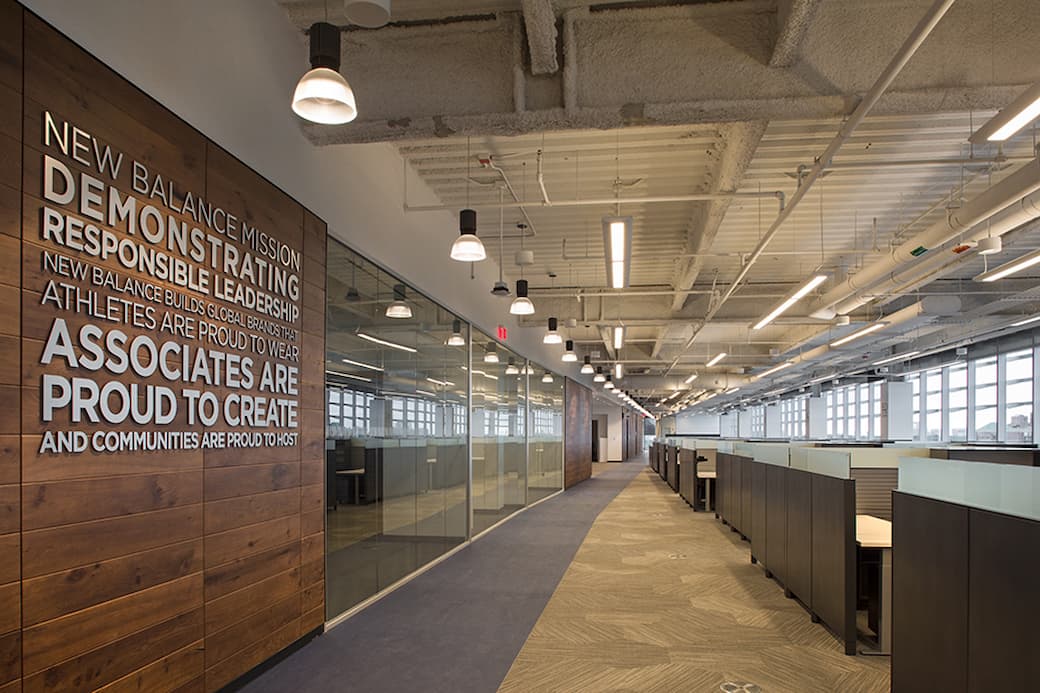
The New Balance global headquarters in Boston features Soft dB sound masking.
Incorporating sound masking systems into modern workspaces is also in line with LEED and WELL certifications. For instance, the use of sound masking can help to reduce the impact of noise distractions, which can improve the indoor environmental quality and promote employee well-being.
More Sustainability Components of Soft dB
Soft dB uses high-efficiency amplifiers and electronic components to minimize energy consumption and adhere to the principle of the Directives on Waste Electrical and Electronic Equipment (WEEE) of the European Commission and RoHS compliance based on the European directive 2002/95/EC Restriction on Hazardous Material also known as Lead-free (no Lead (Pb), Cadmium (Cd), mercury (Hg), Hexa-Chromium(Hex-Cr)).
In conclusion, the implementation of LEED and WELL certifications in modern workspaces such as open plan offices, flex offices, and activity-based stations can have a significant impact on the overall well-being of employees. By promoting sustainability and wellness, these certifications can create a more positive and productive work environment. Incorporating sound masking systems into modern workspaces can also help to reduce the impact of noise distractions, further promoting employee well-being and productivity.
As architects and interior designers, it’s essential to consider the impact of sound on the overall design of a workspace. Incorporating sound masking systems can be a subtle but effective way to create a more productive and pleasant work environment for employees.
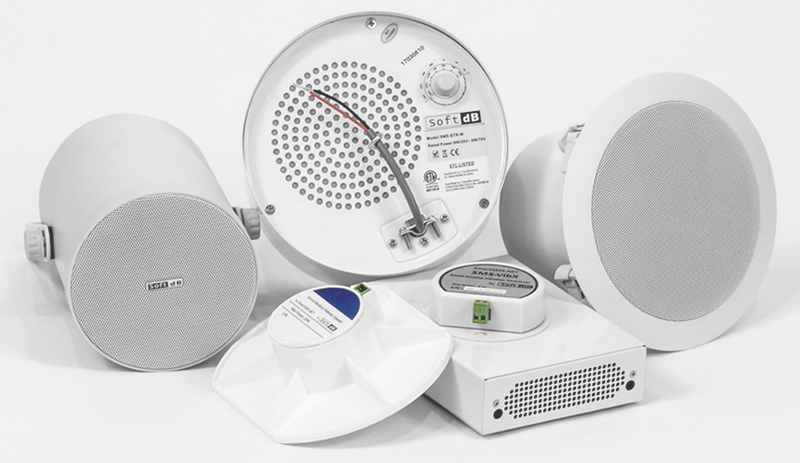
This article was originally published in Work Design Magazine.




